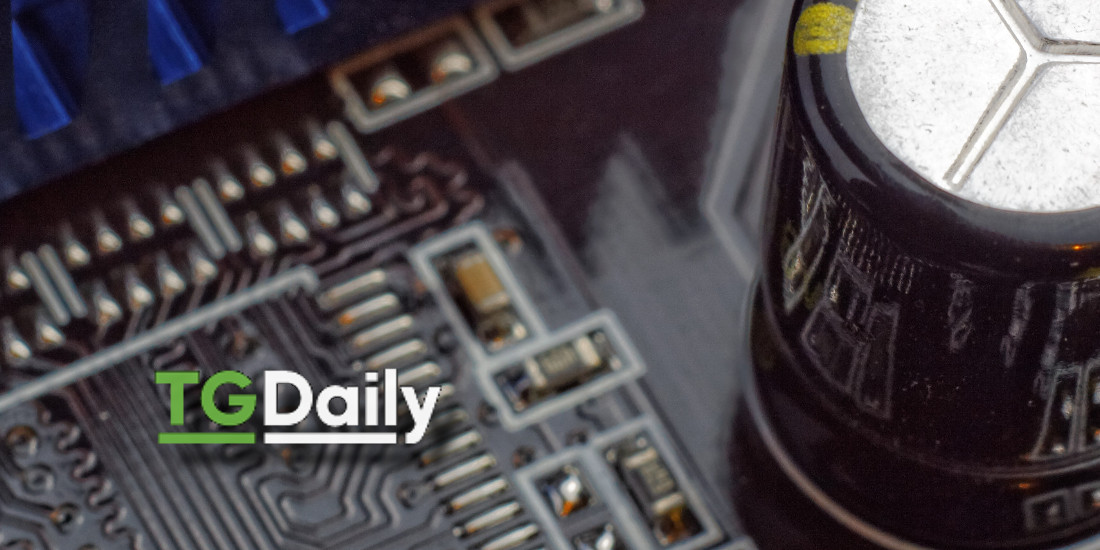Most of us are familiar with Texas Instruments (TI) as the company that made the graphing calculator we used in school.
Calculators made be the company’s bread and butter, but that’s not all they’ve been up to. TI recently introduced the industry’s lowest power DC/DC step-down converter, a tiny circuit that could allow future electronics to power themselves without batteries or wires.

According to TI, the converter increases the amount of harvested energy an end application can use as much as 70 percent over alternative devices. The tiny power circuit allows mobile accessories and wireless sensors to manage microwatts generated from solar, thermoelectric, magnetic and vibration energy, which could eliminate the need for bulky, toxic batteries in the future.
The TPS62736, or Nano-Buck, converter provides the system with an externally programmable regulated supply in order to preserve the overall efficiency of the power management stage versus a linear step down converter. The regulated output has been optimize to provide high efficiency across low output currents.
“Imagine not having to change the battery in your smoke detector – ever,” said Sami Kiriaki, senior vice president of TI’s Power Management. “TI continues to develop circuits with very low operating current and high power efficiency that can manage microwatts to milliwatts and extract ambient energy. This new power circuit gives designers capabilities not possible with traditional battery-powered systems.”






